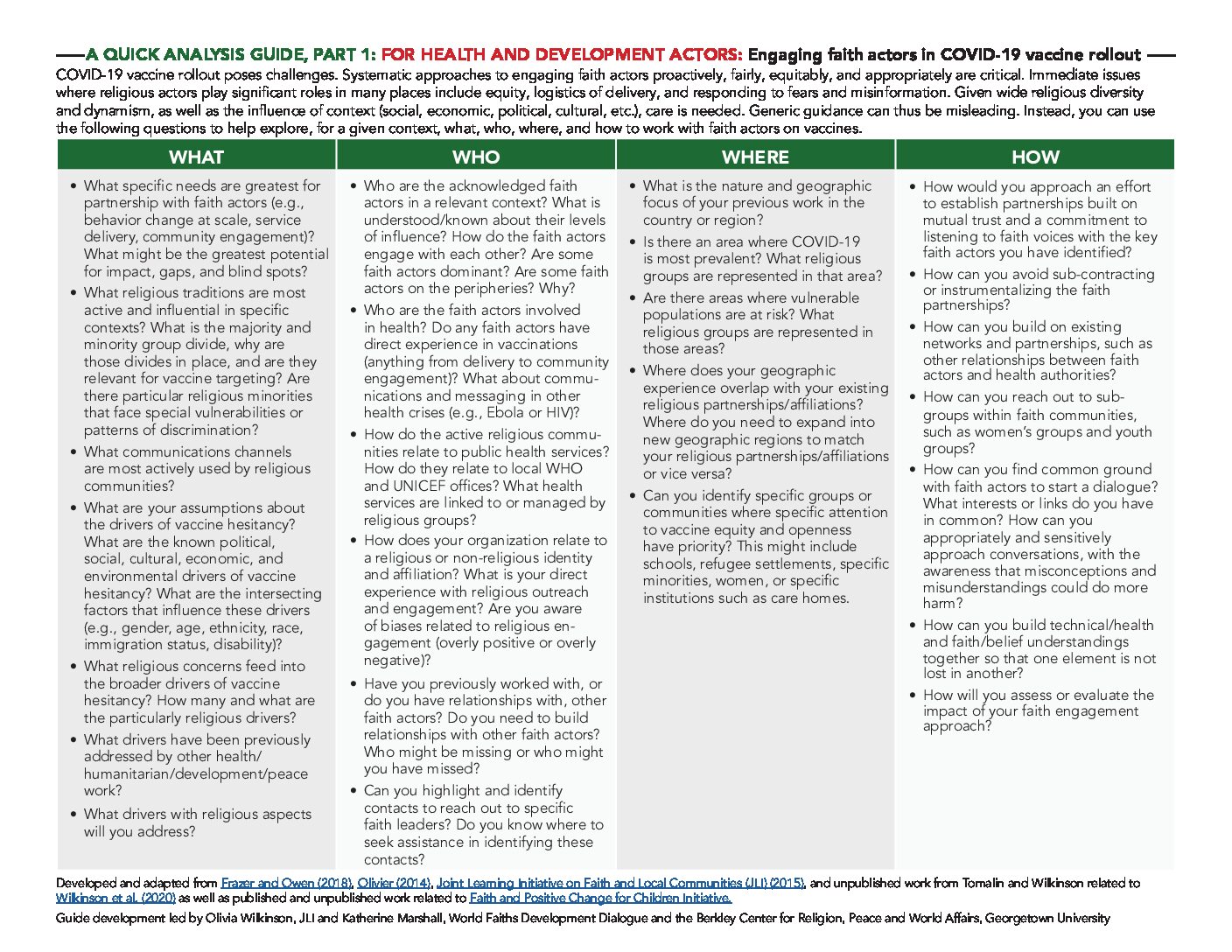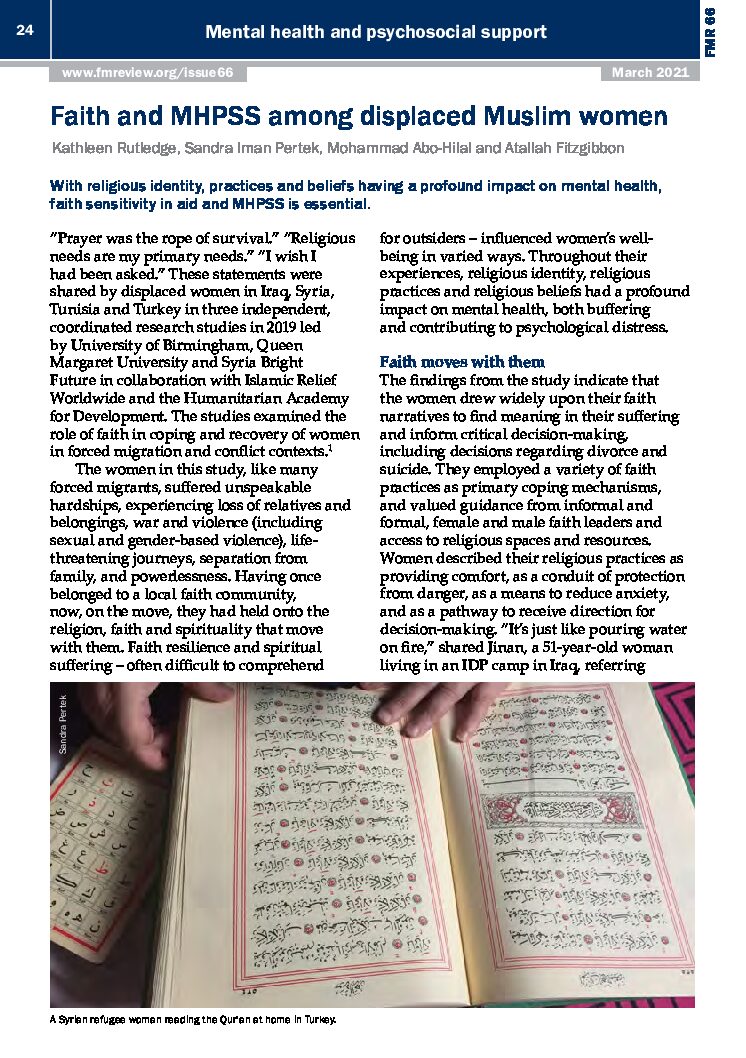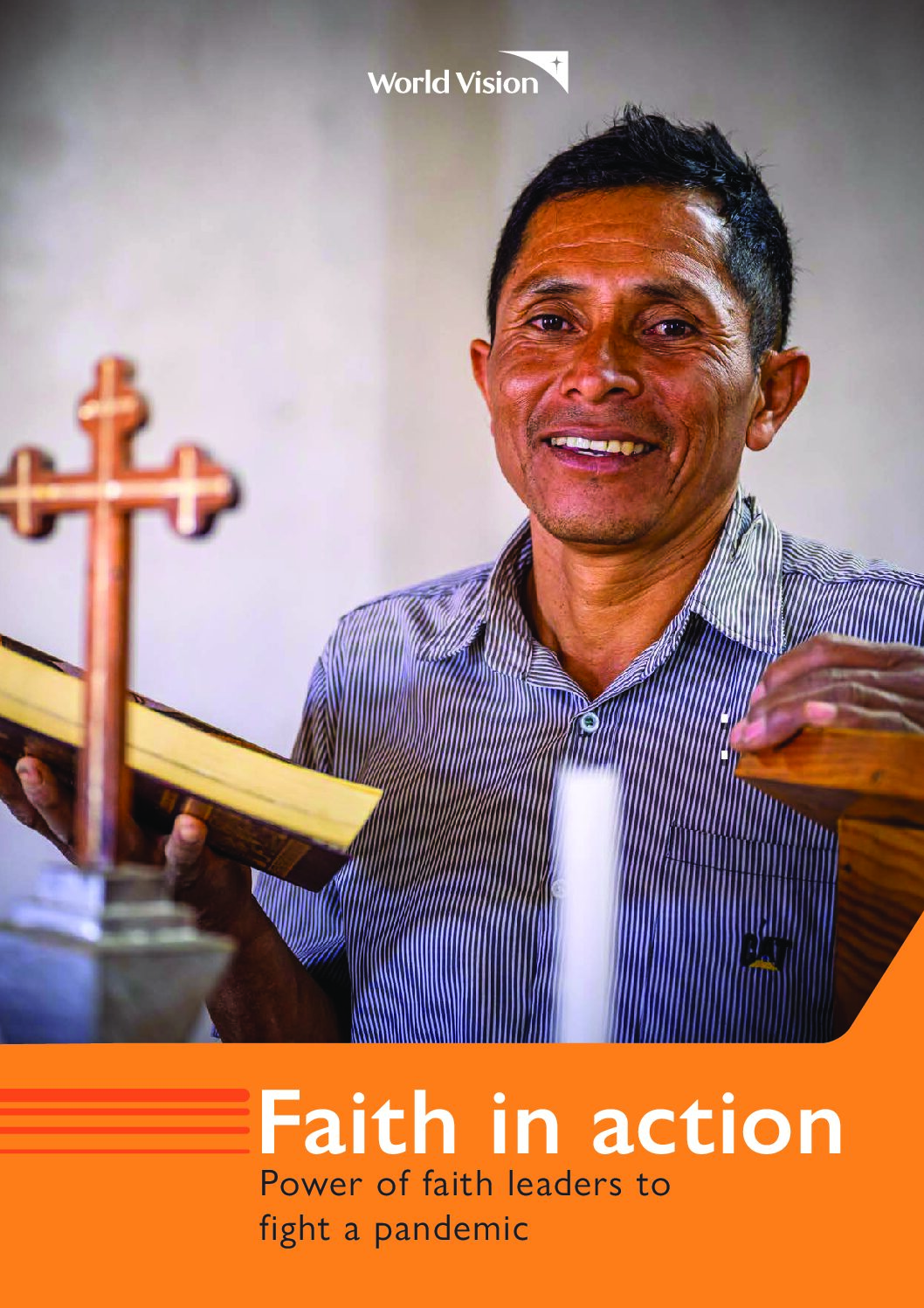Date/Time
Date(s) - 28/10/2021
1:30 pm - 2:30 pm
Categories
Within the sector of domestic violence, the question of evaluation and effectiveness is central. Despite the existence of a wide array of interventions and programmes, how effectiveness is to be measured given difference designs, methodologies and approaches in the sector is an on-going debate. Moreover, specialists increasingly recognise the importance of accounting for cultural diversity and the need to address gaps in the domestic violence evidence of what works and for whom in different cultural contexts.
This webinar organized by project dldl, will explore how domestic violence interventions can be assessed cross-culturally, with a special focus on interventions that are designed to be sensitive to religious traditions, faith and spirituality. Some of the questions that guide the webinar include:
- Are current methods adequate to capture the complex mechanisms by which faith-based domestic violence interventions impact on victims/survivors and perpetrators, congregations or communities?
- How should evaluation mechanisms be designed when programmes aim to be religio-culturally sensitive and what should be the standards for measuring effectiveness, if there should be a common standard in the first place?
- Currently, the randomised controlled trial (RCT) method is considered one of the most rigorous scientific approaches in the evaluation of domestic violence programmes. Are RCTs appropriate and adequate for capturing impact when it is recognised that impact can be defined differently cross-culturally, requiring different approaches to be measured?
Click here for the Event page
Click here to register




